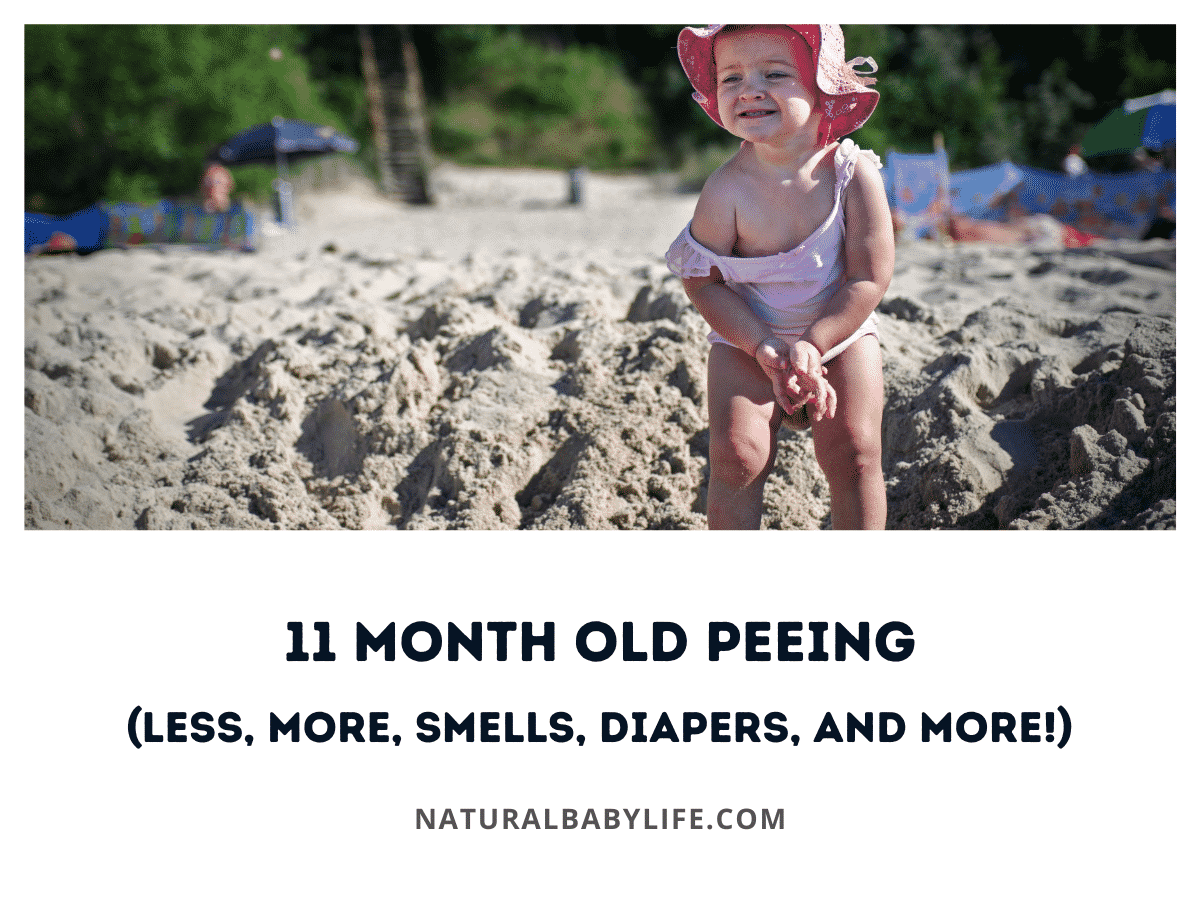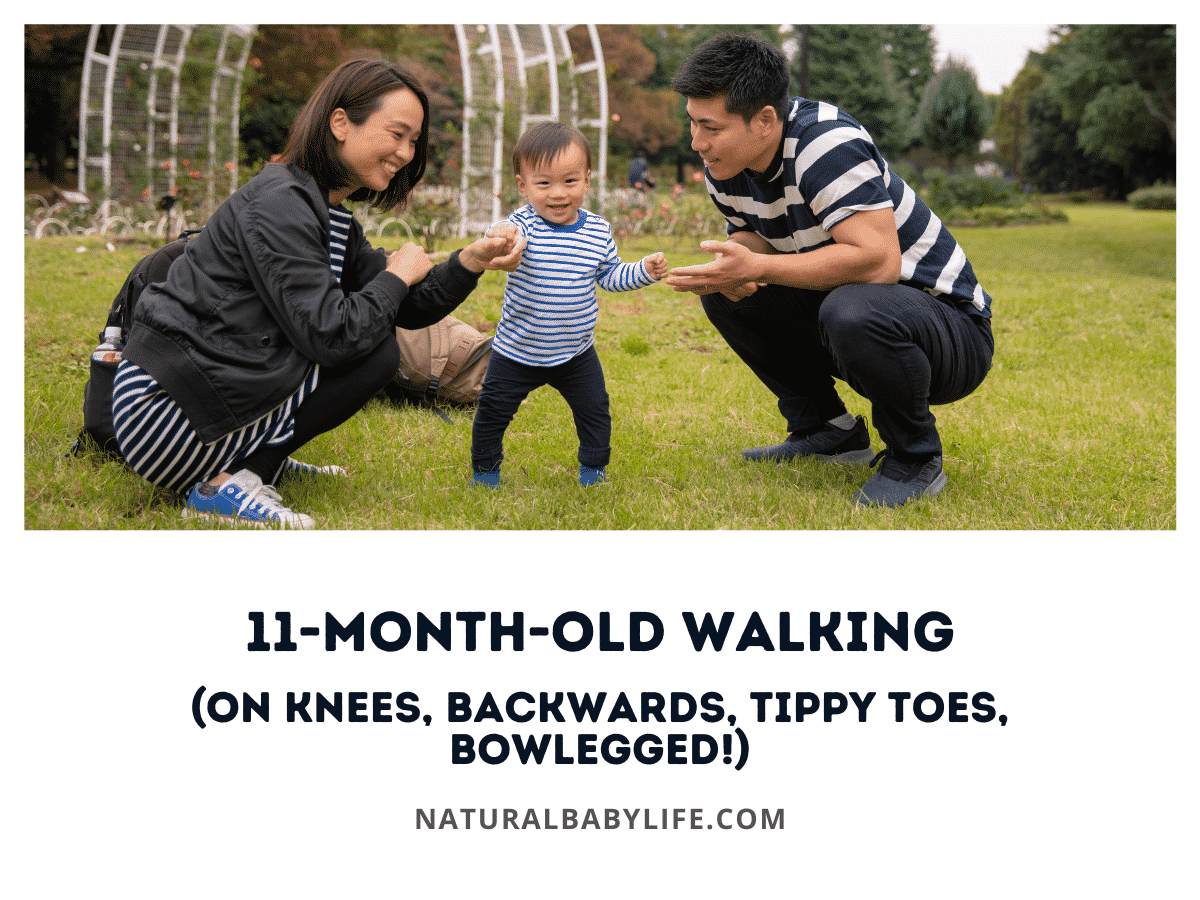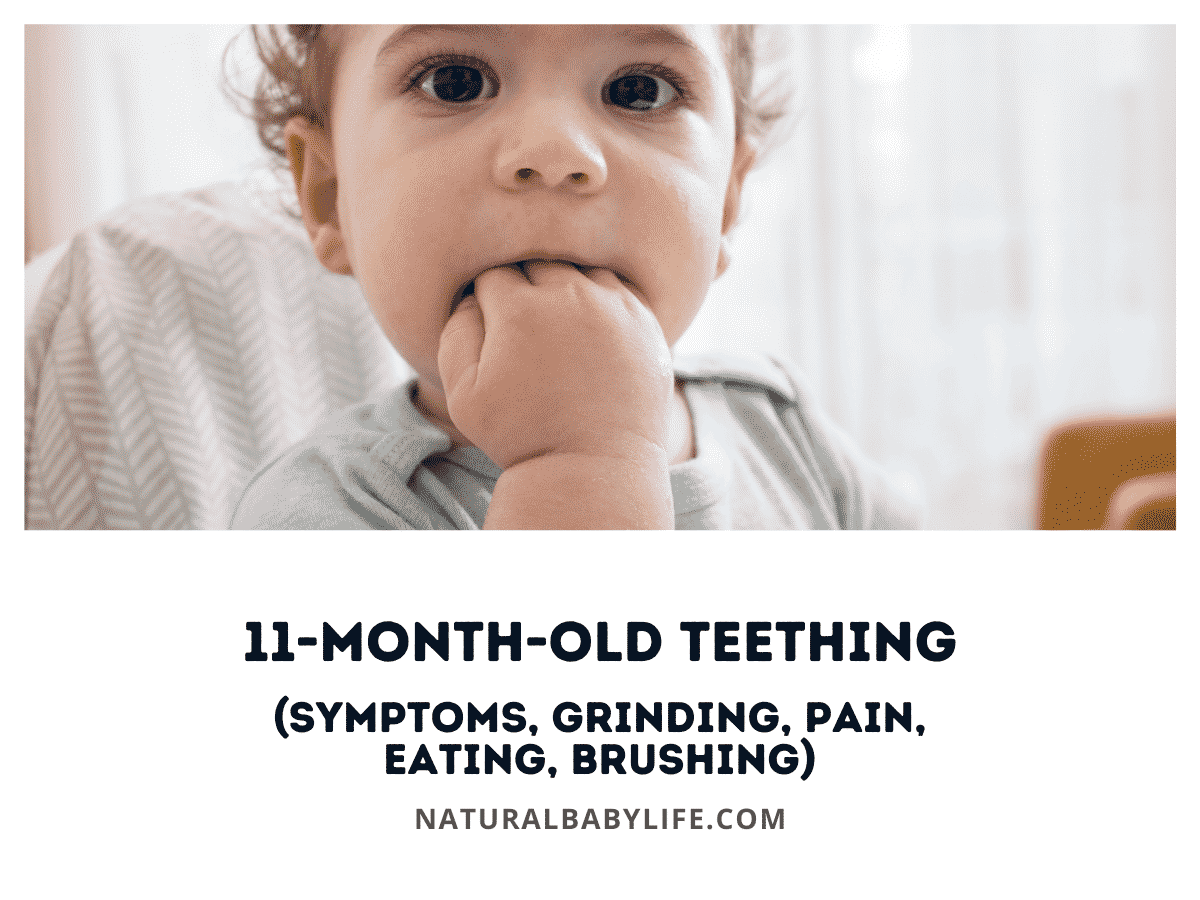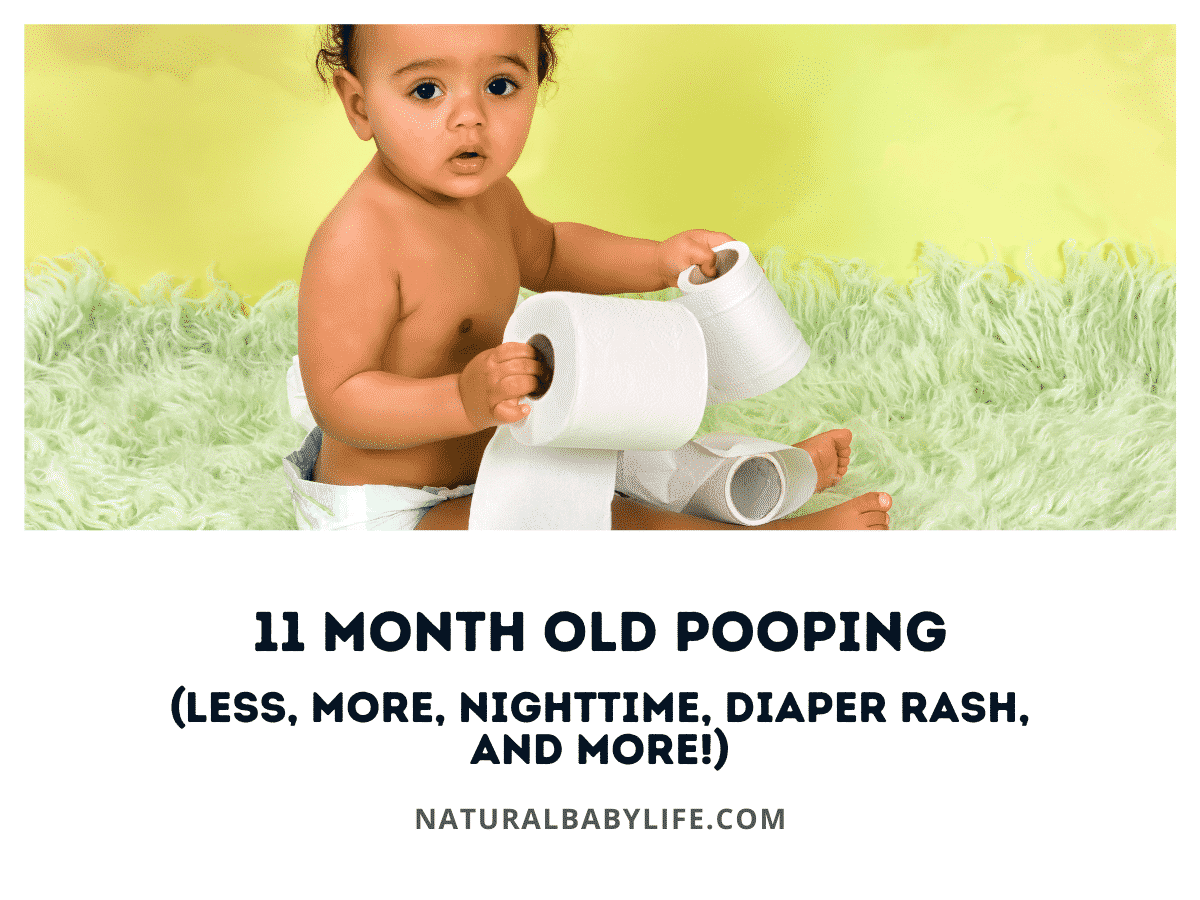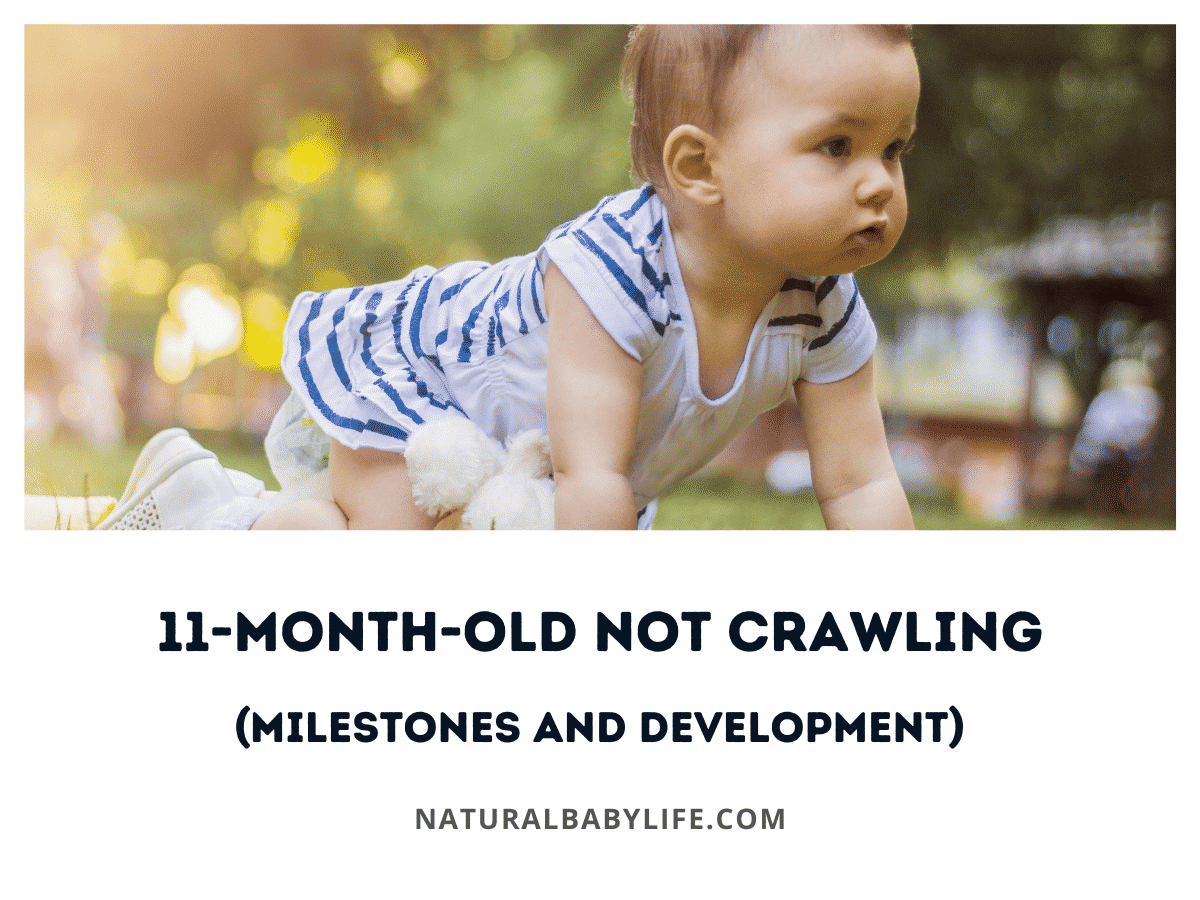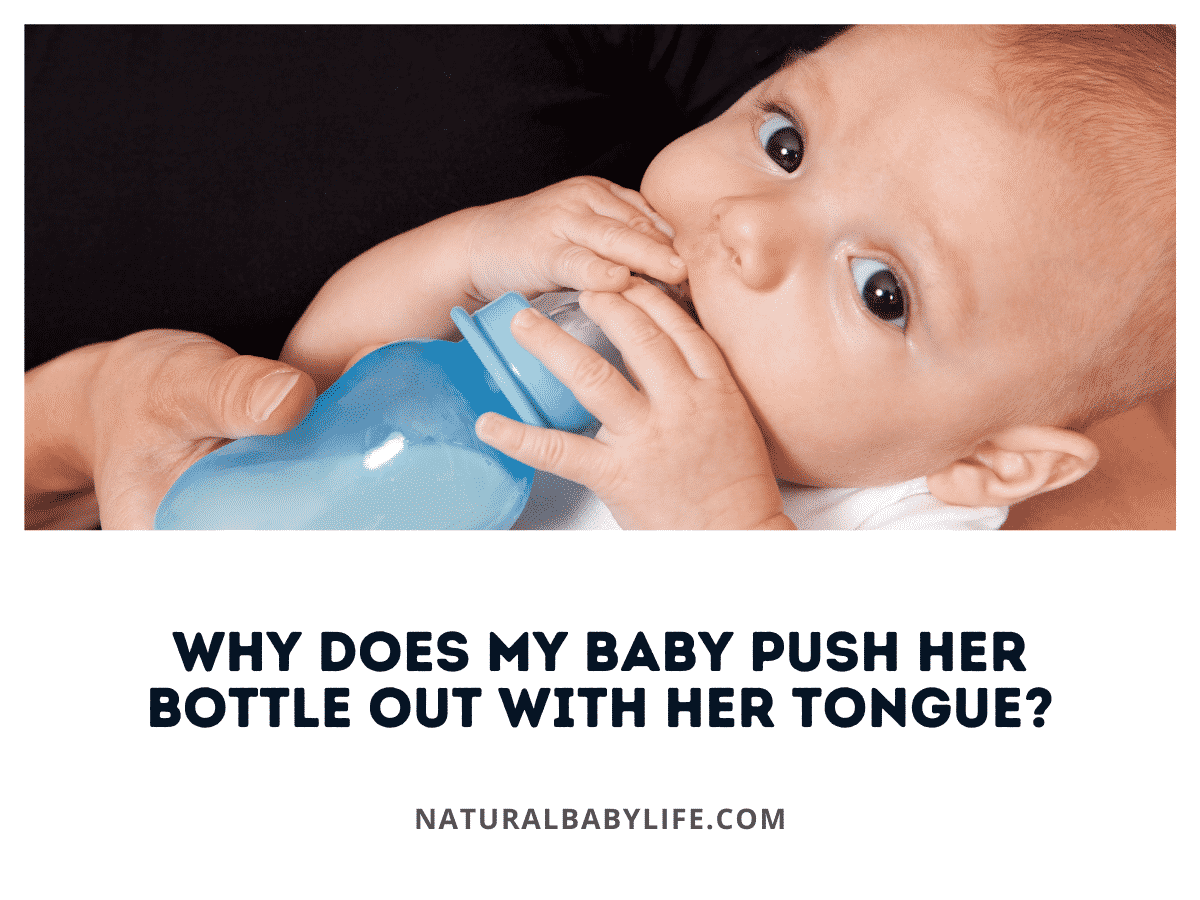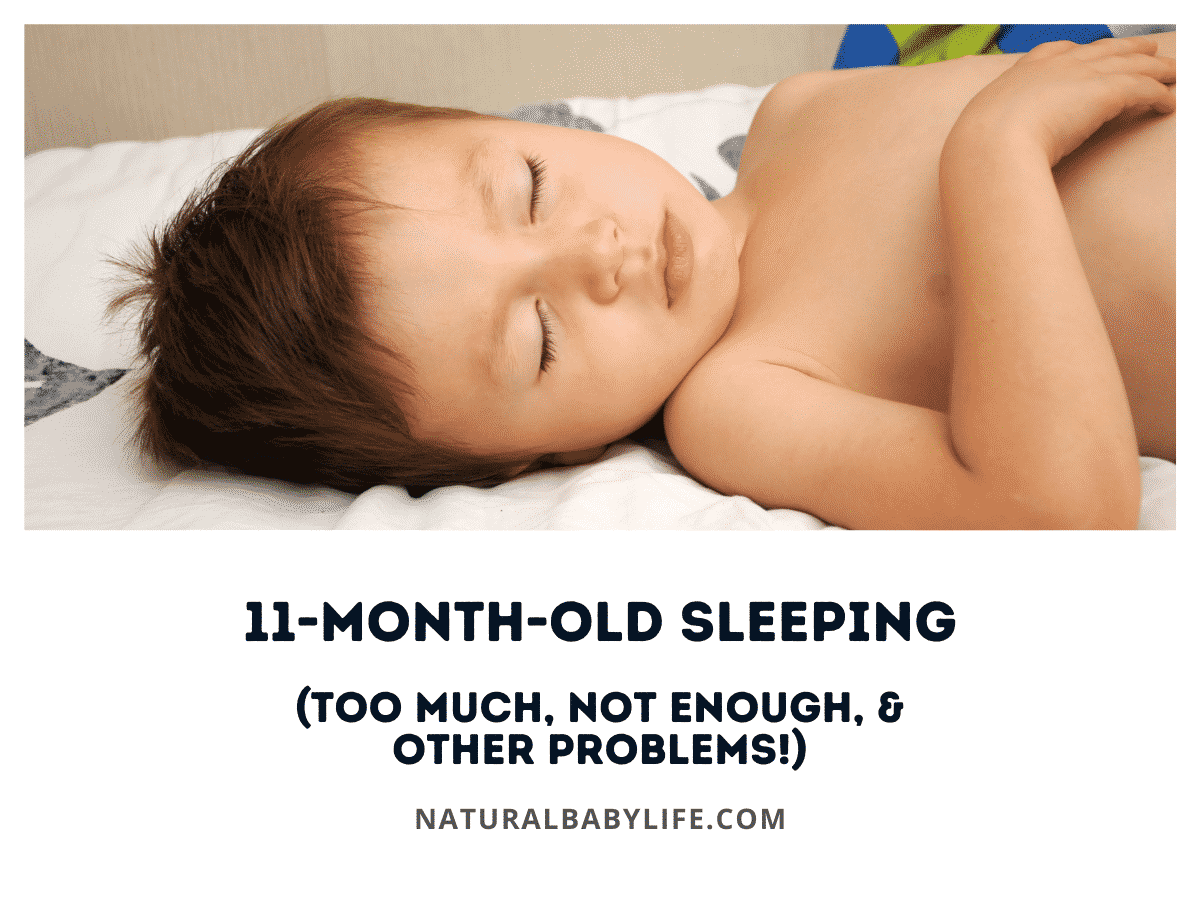There is so much information that can be found when it comes to newborns and diaper changes. But what about older babies? How many times should an 11-month-old baby pee during the course of the day?
It can be difficult to keep track of, but an 11-month-old should be filling their diaper with pee 6-8 times a day, meaning they will need a diaper change every 4-6 hours. They are able to hold their urine longer at this age and will require fewer diaper changes than they had previously, although they are not yet ready to potty train.
Find out more about how often your 11-month-old needs to pee and what to do if there is a change in how much they pee.
Table of Contents
How often should an 11-month old pee?
How often should your baby urinate during the day?
Typically your 11-month-old baby will have around 6 wet diapers during the day. Since most 11-month-olds are still in diapers, it may be difficult to gauge how often they pee, so it is best to look at the number of wet diapers. On average, older babies and toddlers need diaper changes every 4 to 6 hours.
Keep in mind that this is just an estimate and it will vary by baby. Your little one may end up needing more diaper changes or less than average, depending on their eating and drinking habits. They should have at the very minimum 3 wet diapers each day.
Your baby’s pee is also an indication of how well hydrated they are. If their urine is a light yellow with a slight smell, then they are getting plenty of fluids. If the urine is a darker yellow, it means it’s more concentrated and they may not be getting enough fluids so you should consider upping their fluid intake.
What if your 11-month old is peeing less?
What happens if your baby is not urinating as often as they have?
If you’re concerned your 11-month-old is not peeing often enough, up your baby’s fluid intake by giving them more formula, breast milk, or a small amount of water (usually 2-4 ounces). If you do this and there is no increase in wet diapers, you should contact your pediatrician to get medical advice on how to proceed.
The most obvious issue that could be happening is that your baby is not getting enough fluids. This can be easily corrected by giving more fluids such as breast milk, formula, or a small amount of water. Remember that water is not necessary as long as they are getting enough breast milk or formula and that you should only give a small amount of water when needed.
If it’s hot outside and they are definitely getting enough fluids, it may be that your baby is just retaining fluids. However, if your baby is showing signs of dehydration, such as crying without tears, listlessness, unusual fussiness, or they are unusually sleepy, then you should seek medical advice immediately.
Not urinating enough could also be a sign of illness. If giving your baby more liquids does not increase the amount they urinate, you should seek medical advice from your doctor.
Not peeing at night
Many parents wonder if they should be concerned if their baby does not urinate overnight. When should you get concerned?
Not urinating overnight can be normal as long as your baby is peeing during the day. Oftentimes, a baby will not pee at night but within an hour of waking up may urinate more than normal.
However, if your baby does not urinate for more than 12 hours you should seek advice from your doctor as well as increase fluid intake.
What if your 11-month old is peeing more?
A child peeing too much can also be concerning for parents. What is normal and when should parents get concerned?
Frequent urination can be normal in young babies and toddlers, especially if you have increased their fluid intake. But it can also be a sign of illness such as a urinary tract infection (UTI) or even juvenile (Type-1) diabetes. Both of these will also come with other symptoms so if you’re concerned, please seek help from a medical professional.
If your baby has a UTI the frequent urination is often accompanied by a fever or with pain when urinating. Sometimes they may be irritable or even have a diaper rash that refuses to go away. If you suspect your baby has a UTI, you should contact your doctor.
Type-1 diabetes (also called juvenile diabetes) can occur in young children and babies, but it can be challenging to diagnose since babies and young toddlers aren’t able to express that they are feeling as though something is off. Some accompanying symptoms include fruity-smelling urine, increased hunger but unexplained weight loss, and fatigue among others. If you are concerned, please contact your doctor immediately.
Peeing through diaper at night
Your baby peeing through their diaper at night can be frustrating, but what can you do about it?
If your baby is peeing through their diaper at night, it could mean that their nighttime diaper is too small and you may need to size up for bedtime. If you have a boy, be sure to point his penis down in his diaper. You can also change their diaper before bed and if that doesn’t work, consider changing brands since each one has a different fit.
Making these changes can help save a lot of time and laundry. A lot of times, babies are just in between sizes and need a bigger diaper for bedtime.
Do babies pee a lot when teething?
There are many symptoms that are chalked up to teething, but is peeing a lot one of them?
Increased urination is not a sign of teething. If you are giving your baby popsicles, frozen fruit, or other items that they can drink or cold items to gnaw on, the frequent urination is most likely caused by that.
Consider a switch to cold items that your baby can safely put in their mouth but not consume.
Why does my 11-month old’s pee smell weird or strong?
The smell of your baby’s urine will not stay consistent, but why does it smell off at times?
There are various reasons your baby’s urine may smell different, either strong or weird. Sometimes it’s because they need more fluids, or it can also be indicative of a more serious health concern. When in doubt, do not hesitate to contact your health care provider.
Here are a few common odors and reasons your baby’s pee may smell unusual:
- Stronger than normal odor – This can mean that your baby is not getting enough fluid and you may need to increase how much they’re drinking.
- Fruity or sweet smell – This combined with frequent urination could be a sign of Type-1 diabetes and you should consider getting checked out by a doctor.
- Ammonia – If your baby’s pee smells like ammonia, this is usually a sign of a urinary tract infection and they should be seen by a medical professional.
Can babies potty train at 11 months old?
Potty training is a huge milestone for a baby (and their parents), with many parents wondering if they can start potty training before the age of one.
The average age for babies in the United States to fully potty train is between 18 months and 3 years old. This is when they are coordinated enough to remove clothing, as well as have the ability to verbally communicate needs with parents or caregivers appropriately. Before this many kids will not be able to do either of these easily.
There are ways to work with your baby on peeing and pooping on-demand in a technique called elimination communication. This often requires the parent to be with the child constantly, watching for facial expressions or cues that they need to go, then helping them get to an appropriate place.
This is not potty training in the traditional sense though, since it does not require any independence on the child’s part.
Would it be realistic to expect an 11-month-old to be toilet trained?
The question of if it’s realistic to expect a child under the age of one to be toilet trained comes up often.
It is not realistic to expect an 11-month-old to be potty trained. They are not developmentally able to communicate that they need to go to the restroom appropriately nor are they able to physically remove clothing. Before the age of 1, they also lack the muscle control needed to hold their bladder until they reach the restroom.
The average American baby starts potty training between 18 months and 3 years of age. This wide range of readiness means that you should not put pressure on yourself to get your baby potty trained at 11 months old. Give your baby time to develop and they will get there in their own time!

